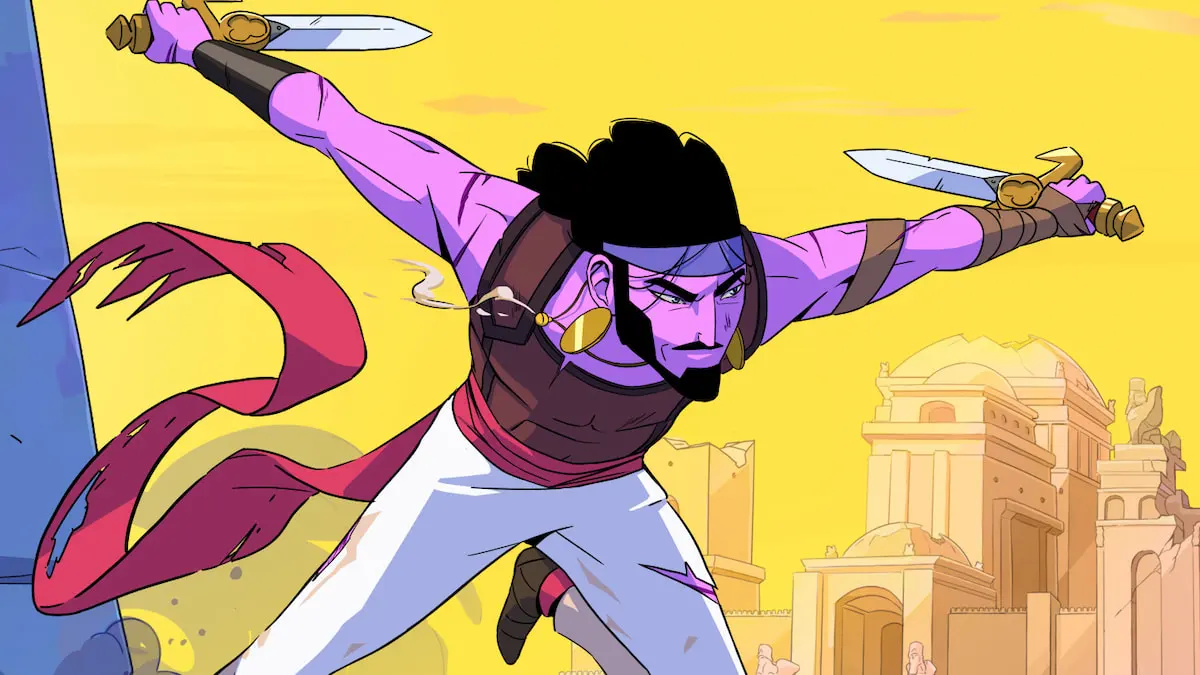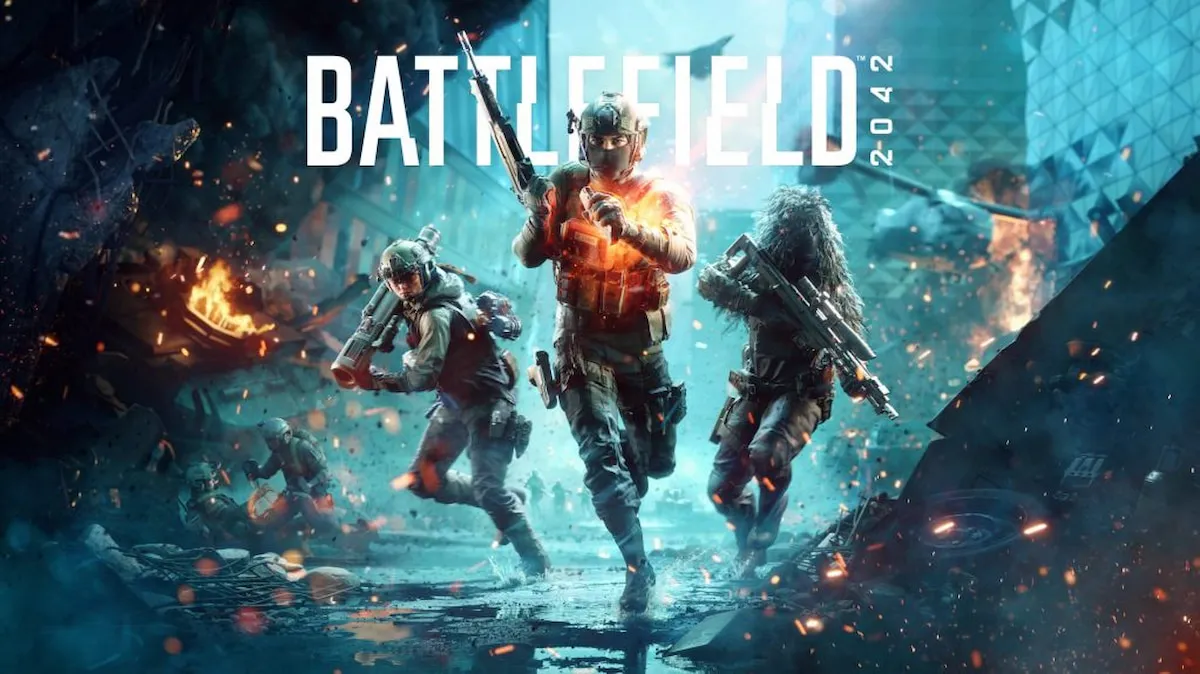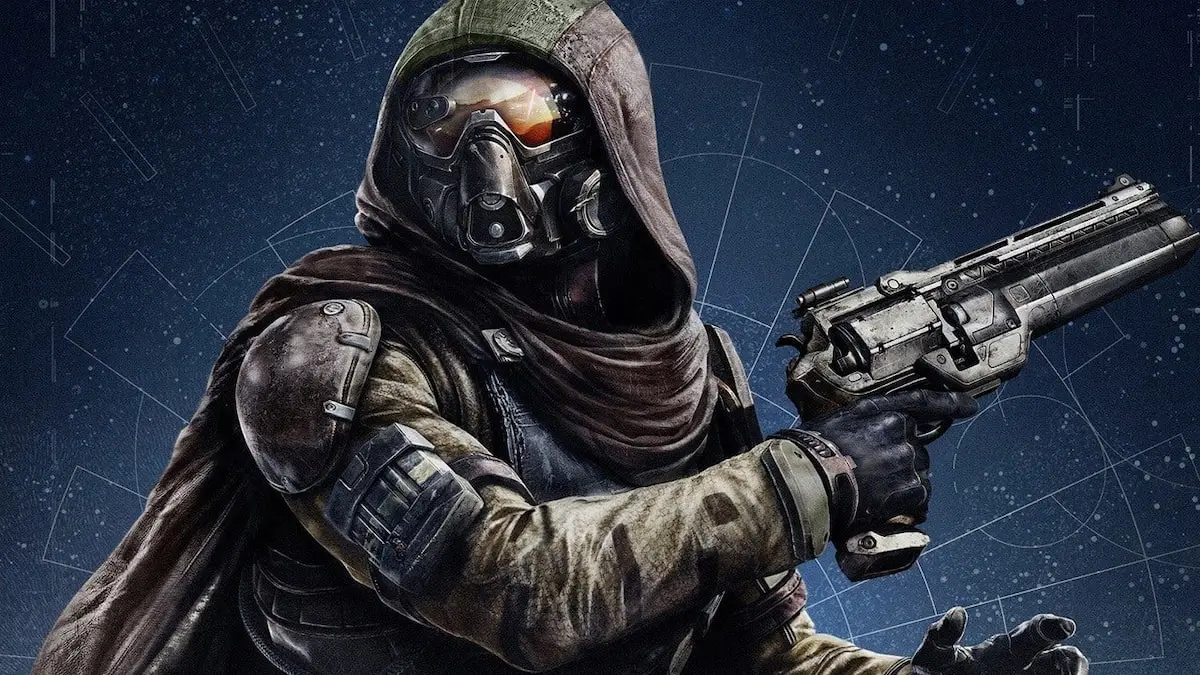Co-operative gaming, what is it about it is so much more satisfying? The chance for a high five at the end perhaps? The chance to say phrases, such as “tango down”, that you would struggle to find an excuse for in real life? Or for online players, maybe just the chance to wear one of those headsets?
Whatever it is that gets people so involved in co-operative gaming, Valve software clearly know how to concoct it. The creators of the classic Counter-Strike, still played all over the world today, and the publishers of the new game they call a “Counter-Strike beater” Left 4 Dead, allowed us to borrow their project manager Erik Johnson and their marketing manager Doug Lombardi, so see if they could fill us in on what it is that makes these games so good, and how it has been managed.
Prima: Why are good co-op games so rare?
Erik Johnson: I think, from going through the last year and a half of this, it’s a deceptively difficult thing to get right. It’s a lot easier to throw a bunch of game rules out there, do a multiplayer game and let the players dictate what the experiences are going to be like. But when you’re designing essentially a linear, single-player experience for multiple people, you take all of the difficult things about single-player and multiplayer and you have to solve all of those problems at once. It’s just an incredibly hard problem to solve. And just in general, the games industry’s pretty risk-averse, and it’s a risky project to go out and build.
Prima: What makes a good co-op game?
Erik Johnson: Giving the player enough freedom to feel like they’re shaping their own experience, but at the same time nudging them fairly hard into playing co-operatively. And providing an experience that gives the set of players that played it stories that they can tell afterwards. That’s maybe not one of the elements that makes it great, but how you know you have made a great co-op game.
Prima: What is it about zombies? You can’t move for them in videogames.
Erik Johnson: Mike [Booth, founder and head of Turtle Rock Studios] knew when he was designing the game that one of the things he wanted players to do was fight overwhelming odds. Zombies, or an infected strain that’s gone wild, provides a pretty good fiction backdrop for that. We knew that part of what would make the game compelling for people emotionally was that kind of horror setting: us against the world, everything’s attacking us including the world itself. It kind of gives you an automatic modifier for people’s emotional state. If the game was set in a circus, clowns would be equally scary. Or jugglers.
Prima: Did you encourage Turtle Rock to work on its own IP, or did Left 4 Dead come entirely from Mike and the team?
Erik Johnson: No, we told Mike, ‘you build the best AI of anybody we know, and we have a set of technology that we know you can build a game around’. That was pretty much all the direction that we gave him. ‘Play to your strengths, you’re a relatively small team. Use this technology that you’ve already built and go shape an entire experience around it.’ Left 4 Dead is what they ended up building.
Prima: What is it that makes Turtle Rock’s AI so good?
Erik Johnson: Over the years we’ve built bot AI in our games also, and Mike has a pretty similar approach to AI in terms of thinking about it from a player experience perspective, and not in terms of IQ level. Looking at what you want the person playing the game to experience, rather than how you can build something that will outsmart them no matter what they do, is a real difference between a good AI engineer or designer and a bad one.
Prima: Isn’t Left 4 Dead a hard sell, because as a co-op game it doesn’t have the either production values of a Half-Life or the obvious replay value of a Counter-Strike?
Erik Johnson: When we think of Left 4 Dead, we think about it like it’s the next Counter-Strike. Counter-Strike still is quite successful and we think it’s filling that gap. We don’t think it’s a hard sell.
Doug Lombardi: Counter-Strike was a harder sell. It had been a free mod for a year, we were not going to stop that happening, and that made retailers and our publisher at the time outrageously nervous and scared of doing it. It had two characters per side, seven maps and about five weapons when it first launched.
Erik Johnson: And it was a brutal game. And it was buggy. Everything about it was fighting against it, but there was this piece of Counter-Strike that people couldn’t get away from. Over time it became a full-fledged product that continues to do well today. Left 4 Dead is way ahead of that. We feel pretty good about saying it’s going to be the thing that finally beats Counter-Strike.
Prima: Even though it offers a very different experience?
Erik Johnson: Maybe a different setting, and it’s co-op and not multiplayer, but in terms of people’s attachment to it, I feel like it’s definitely offering the better version of that experience. I’m not saying that people are going to throw Counter-Strike away and start playing Left 4 Dead exclusively.
Doug Lombardi: It’s kind of different, at a certain point it’s comparing football and basketball. But it is brutal and unapologetic about its gameplay in the same way Counter-Strike was. Counter-Strike was not making apologies for the fact that it was just a game, it wasn’t trying to dress itself up to make it a sexy commercial product. It’s tough.
Prima: Your own games and the Source engine makes Valve a very shooter-centric company. Can you see yourselves making games in another genre in future?
Erik Johnson: There are a lot of people here at Valve that would like to do a real-time strategy game. There are people who would like to do an MMO. I’d like to build a racing game. But when we come back to it, we feel like we have a lot of experience in building those FPS games and we feel like we can get a lot better still at building those kinds of games. Half-Life 2: Episode 2 will be the best single-player shooter that we’ve ever built. There’s so much room for us to get better still at building FPSes.
There are so many advantages with a first-person perspective, especially in single-player: making the player feel they are that person, telling the story through the eyes of the character. But when we think about the Half-Life games, we don’t think about them as shooters, we think of them as telling a story where you’re the star.
Prima: So for Valve, the FP is more important than the S?
Erik Johnson: Absolutely.



